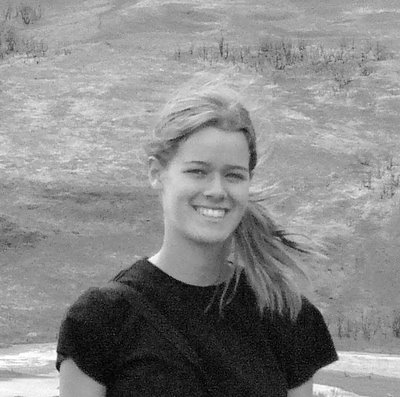Fortunately, my trip to Norway meant that I missed the abortion section of my Constitutional law class. Unfortunately, I've had to review the material as I prepare for the exam.
My disagreement with Roe and Casey's guarantee of a limited fundamental right to abortion has been grounded in the Pentateuch, not legal precendent. The Bible is my rule of life, but it doesn't carry much weight in the classroom. I have been challenged to support my beliefs with current law and logic.
The Supreme Court has refused to say when life begins, so it's dodged the conflict between the right to privacy and the right to life, but it's current jurisprudence (in the abortion context) favors the former. Oddly enough, Tort law has been expanding, and now recognizes a limited duty of care towards unborn children.
Torts law is based on the duty of care. Basically, everyone has a duty to exercise reasonable good sense in all their actions. Banks can lock and bar their doors, and even put up electrified barbed wire fences (if they post obvious warning signs), but can't set up hidden traps that kill bank robbers the moment they step into the safe. Butchers keep dogs from getting into their shops and gobbling the meat, but can't let them in, cut off their heads, and add them to the salable goods.
Tort law applies a higher standard of care in fiduciary relationships involving disproportionate power, information, or bargaining power, such as Dr. Patient, Attorney Client, and day care child.
If Banks have a duty of care towards bank robbers, and butchers have a duty of care toward marauding dogs, why don't mom's and dad's have a duty of care towards their unborn children?
If Attorney's are supposed to be extra careful with their legally helpless clients, why shouldn't mom's and dad's have to be extra careful with their unborn kids?
Abortion proponents often use cases of rape, incest, or likely death of the mother to justify current law, but this extremism has scant legal foundation. Willfully killing another person is murder or wrongful death--unless you are acting in self defense. Grabbing a stranger, pounding their chest, and going lip to lip is assault and battery--unless they aren't breathing and you are doing CPR. Civil and criminal law impose no duties or requirements in these areas, leaving them solely to the conscience of the individual. Abortions should be illegal, with appropriate exceptions for personal morality.









